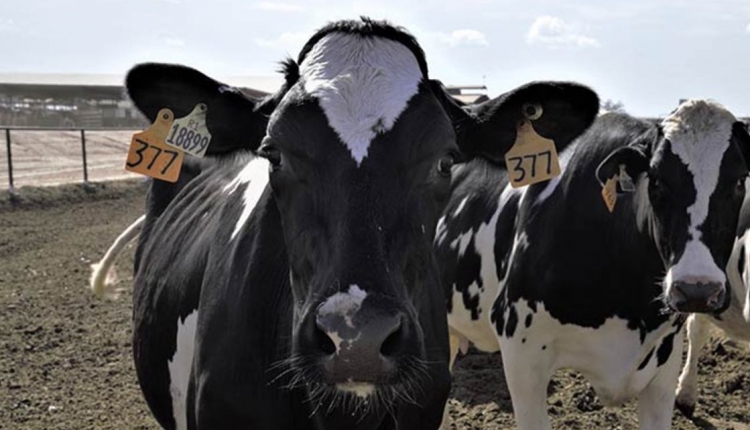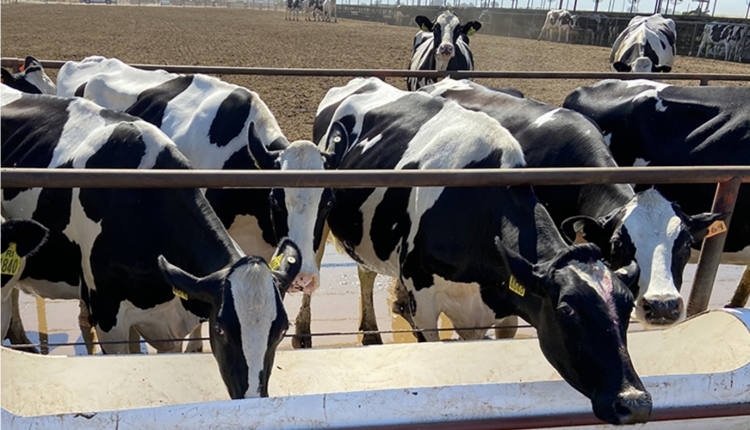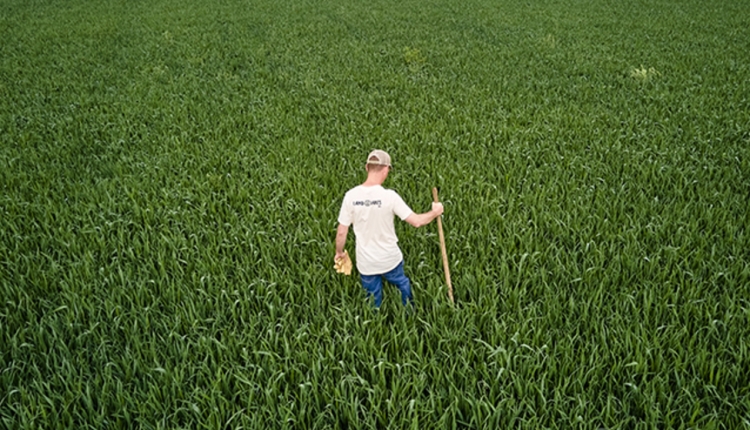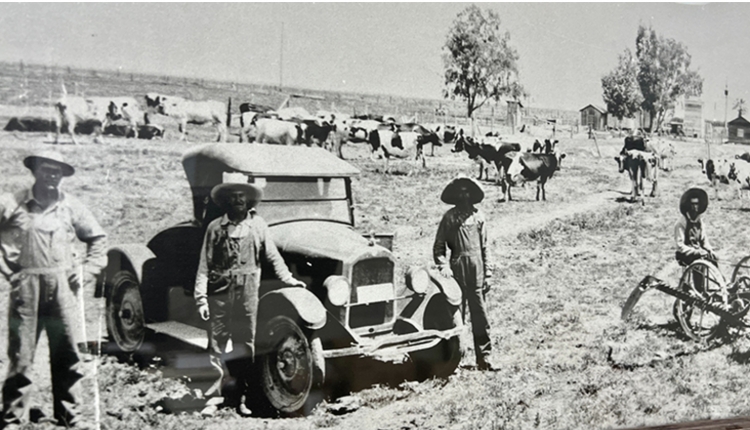
“If you use our product, you could see another 2 pounds of milk per cow.”
“If you use our product, mastitis will be a thing of the past.”
“If you use our product, we can increase your pregnancy rate exponentially.”
We have all heard statements like these, and many of us have bought into them because the reasons for using the product seemed solid. But how many of us have ever followed up on the results the product was supposed to create?
By no means am I discounting any company’s product. I am sure in the right scenario they all will work in some regard, but as the dairy farmer we have to decide if the product is right for our cows and us.
How do you know if it works, you ask? Do a little homework. It may mean you look into cow files and see if the problem you think you have is actually a problem at all. Maybe you find that you can remedy the issue without any out of pocket expenses with a change in cow management. This homework may include you spending a little money on blood samples or feed samples, but spending a little money now before spending a lot of money later may actually save you money and time in the long run.
Let’s say that you do have a problem, and you know it to be a fact. No further research is needed, so you implement a new procedure or product. Make sure to follow the progress. It may be easy to track results for something like an antibiotic or other fast acting treatment, but what do you do for a feed additive or something else that does not work as fast? Not all additives or products can be proven over a short time period. Many take many months before any results accumulate.
Keep records of everything. When trialing a product or monitoring a protocol, keep track of everything you notice, no matter how small. Sometimes it is the small things that lead to bigger answers. For example, what is the ambient temperature during the trial? What lactation or age of animals are you monitoring? Are these animals in a certain pen? Where is their pen in relation to everything else?
At the end of the trial, you must be able to answer one question: Why did it (or didn’t it) work? Do your homework. Study yourself, your employees, your facility, and your cows. You will be surprised what you learn.

Tyler Ribeiro is a fourth-generation dairy farmer born and raised in California. He is currently partners with his father at Rib-Arrow Dairy in Tulare where they proudly ship their milk to Land O’Lakes. Tyler is actively involved in the dairy industry, holding leadership roles in various organizations locally and across the United States.








